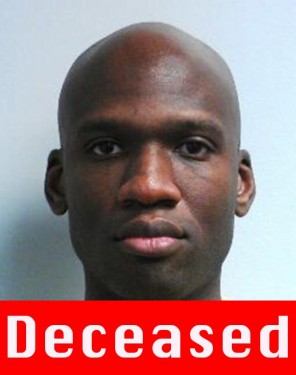UPDATE: The Seattle Police Department and City Prosecutors Office seem to be pointing fingers at each other over whose fault it was that D.C. shooter Aaron Alexis wasn’t charged with any crimes after he shot out two tires on Beacon Hill in 2004 (read the full account below).
Police on their blog today say they forwarded the case to the prosecutor’s office for misdemeanor charges. The prosecutor’s office told the Associated Press that it never received the case, and so never had the opportunity to press charges.
What is known is that the gun Alexis used in Seattle never had an opportunity to be part of any more mischief. Seattle Police melt down guns it seizes from criminals, rather than sell them, as is common practice elsewhere. In 2007, Alexis’ gun was destroyed.
According to the blog: “During the course of the case, Aaron Alexis repeatedly contacted detectives, asking police to return his firearm seized during the investigation. Detectives did not release the firearm, as they had not received paperwork indicating Alexis’s case had been declined for misdemeanor charges.”
ORIGINAL REPORT: The man suspected of killing 12 people in this morning’s D.C. shooting rampage was arrested in Seattle in 2004 after he had an anger-fueled blackout and shot out the tires of another man’s vehicle, the Seattle Police blotter reports.
Aaron Alexis, now dead, is believed to have opened fire this morning at the Washington Navy Yard.
According to local police, on May 6, 2004, Alexis walked out of a Beacon Hill home where he was staying and fired three shots into the rear two tires of a Honda Accord. The Accord belonged to two construction workers who were working next door. He was arrested nearly a month later, and said he’d felt mocked by the construction workers that morning and didn’t remember firing the shots. The manager of the construction crew told police Alexis had stared at the workers for almost a month, and he believed he was upset about the parking situation.
According to the blotter:
Alexis also told police he was present during “the tragic events of September 11, 2001 and described “how those events had disturbed him.”
Detectives later spoke with Alexis’ father, who lived in New York at the time, who told police Alexis had anger management problems associated with Post-Traumatic Stress Disorder, and that Alexis had been an active participant in rescue attempts on September 11th, 2001.








